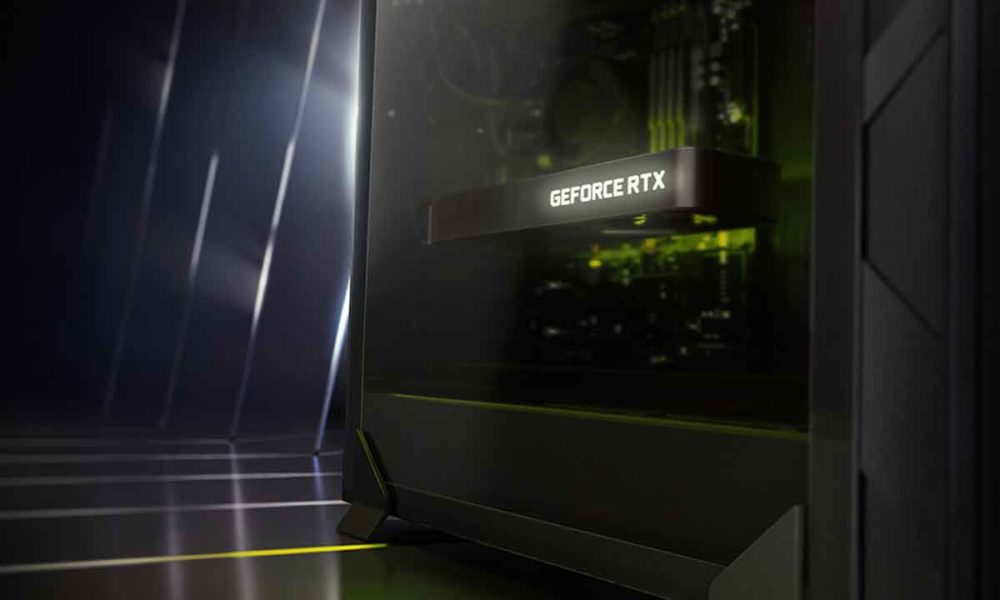Samsung has a plan to increase the battery of its phones: use electric car technology

Samsung SDI, a manufacturer of batteries and electronic materials, is working on an ambitious plan to start producing stacked batteries for mobile phones. It is a technology that is inherited from the electric car, and that technically allows increasing the energy density of batteries without increasing their size. It is far from solid state or dual power batteries, being a more realistic approach in the short term.
This would allow have larger capacity batteries without sacrificing the size of the devices, something key in a time of stagnation with batteries. Overcoming the 5,000mAh barrier could be closer, although there is work ahead.
Stacked batteries as a solution to the problem

For years, phone batteries have not grown. We seem to have stagnated between 4,500 and 5,000mAh (with few exceptions), and it is that increasing their capacity would come hand in hand with an increase in size. According to Korean industry sources, Samsung works to increase energy densityrespecting the same current size.
To do this, it will bet on stacked batteries in layers, a technology that is used in some of the latest generation batteries for electric cars. According to the source, Samsung SDI is already testing the production of this type of battery for mobile phones at its plant in Cheonan, South Korea. An investment of 85 million dollars is expected to equip its production lines with the necessary material to create them, creating another pilot line in Tianjin, China, to speed up production.
Stacking technology offers interesting advantages, such as a long useful life, a better use of space and a high capacity in terms of energy density. Compared to current technology, can increase energy density by 5-10%extending the life of battery cycles by up to 10%.
In this type of stacked battery, as the charge-discharge cycles progress, temperature distribution is fairly even, generating less stress inside the cell. The complexity when manufacturing them is greater, so it is not expected to have this type of battery by 2022. However, allocating these resources to mass production, seeing a Galaxy S23 with this technology is not ruled out.




